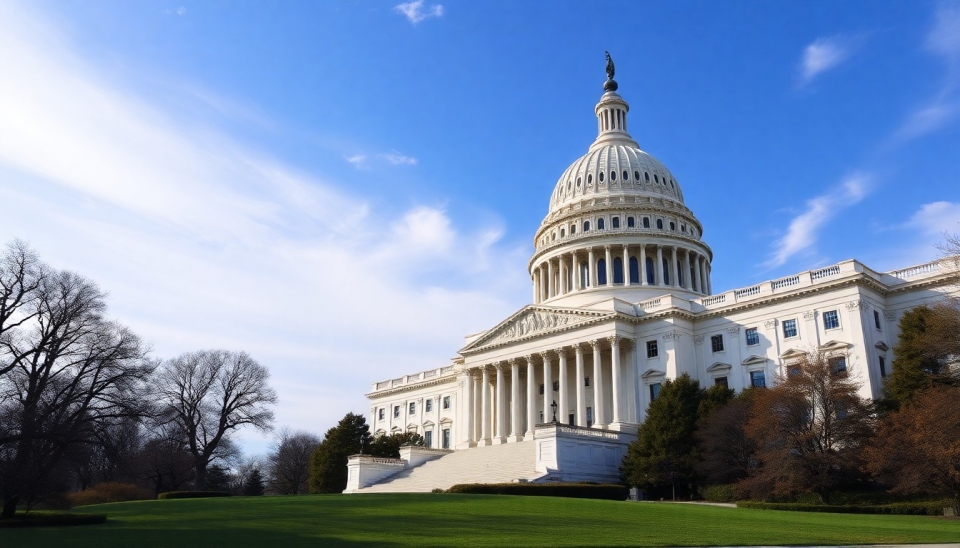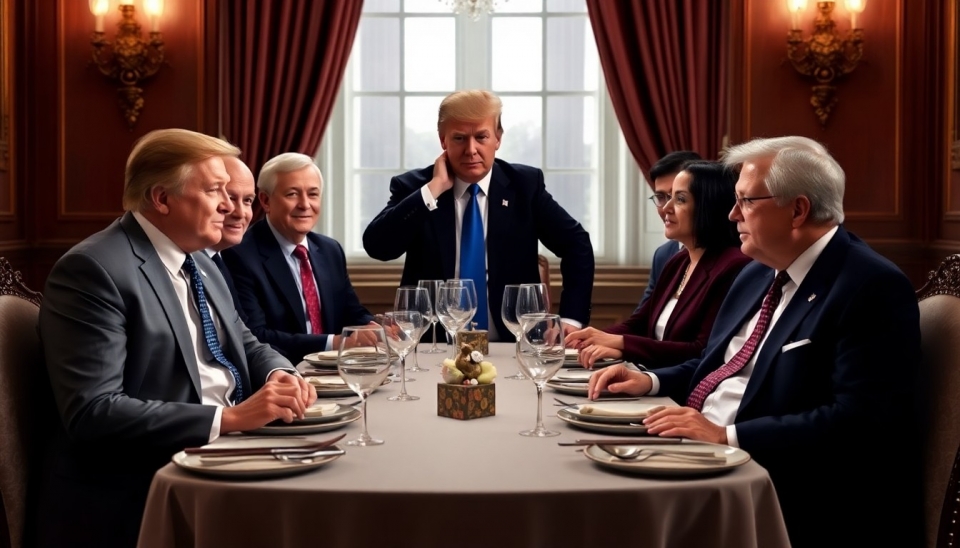
As the new year begins, the cryptocurrency realm is making notable strides in Washington, D.C., illustrating a complex landscape that reveals both unity and division among political stakeholders. With the increasing significance of digital currencies in the global economy, there is a pressing urgency for lawmakers to navigate the multifaceted interests that encompass this budding industry.
The cryptocurrency sector, which once seemed like a unified force advocating for innovation and regulation, is now facing splintering in its influence. Different factions are emerging, each representing varying interests and priorities. For instance, traditional finance institutions, tech-savvy entrepreneurs, and decentralized finance advocates are rallying behind their distinct agendas, leading to clashes over the best regulatory approach.
This fragmentation is becoming evident as lobbyists flood Washington, trying to sway policy decisions in favor of their respective causes. Established financial firms, which are becoming increasingly involved in crypto markets, are pushing for regulations that secure their place while also safeguarding consumers. Meanwhile, smaller startups are advocating for more lenient rules that would facilitate innovation without the burdensome constraints that come with strict oversight.
The lack of a cohesive strategy has made it more complex for lawmakers to address the myriad of concerns that come with cryptocurrency regulations. Some legislators view cryptocurrencies as a revolutionary financial tool that can empower individuals by providing alternatives to traditional banking systems. Others, however, are concerned about the potential for fraud, money laundering, and the market’s inherent volatility.
In addition to these varied perspectives, the political landscape adds another layer of complexity. Republican and Democratic representatives have differing views on crypto, with Republicans generally advocating for a free-market approach while some Democrats are more inclined towards stringent regulations aimed at protecting consumers and ensuring financial stability. This partisan divide makes it difficult to forge a common legislative path forward.
Moreover, the recent shifts in the market, including instability and regulatory scrutiny across different jurisdictions, have amplified calls for a more uniform regulatory framework. Industry leaders and advocates are now emphasizing the necessity of a transparent, consistent approach to cryptocurrency regulations that can foster innovation while minimizing risks associated with this volatile market.
As industry representatives prepare for key meetings and discussions in the coming months, they will be keenly aware that achieving regulatory clarity is essential not only for their businesses but also for the broader acceptance of cryptocurrencies across the financial landscape. The stakes are high, and the outcomes of these debates will likely shape the future trajectory of the crypto industry in the United States.
In conclusion, as we step into 2025, the unique position of cryptocurrency within the political fabric of Washington is unprecedented. Its evolution from a fringe topic to a central aspect of financial reform indicates that the conversation surrounding digital currencies is just beginning. The internal divisions among cryptocurrency advocates, coupled with the complexities of bipartisan politics, suggest that navigating this dynamic landscape will be crucial for the future of digital finance.
#Crypto #Washington #Regulations #Politics #DigitalFinance #Bipartisan #Innovation #FinanceReform #CryptocurrencyIndustry
Author: Michael Turner




